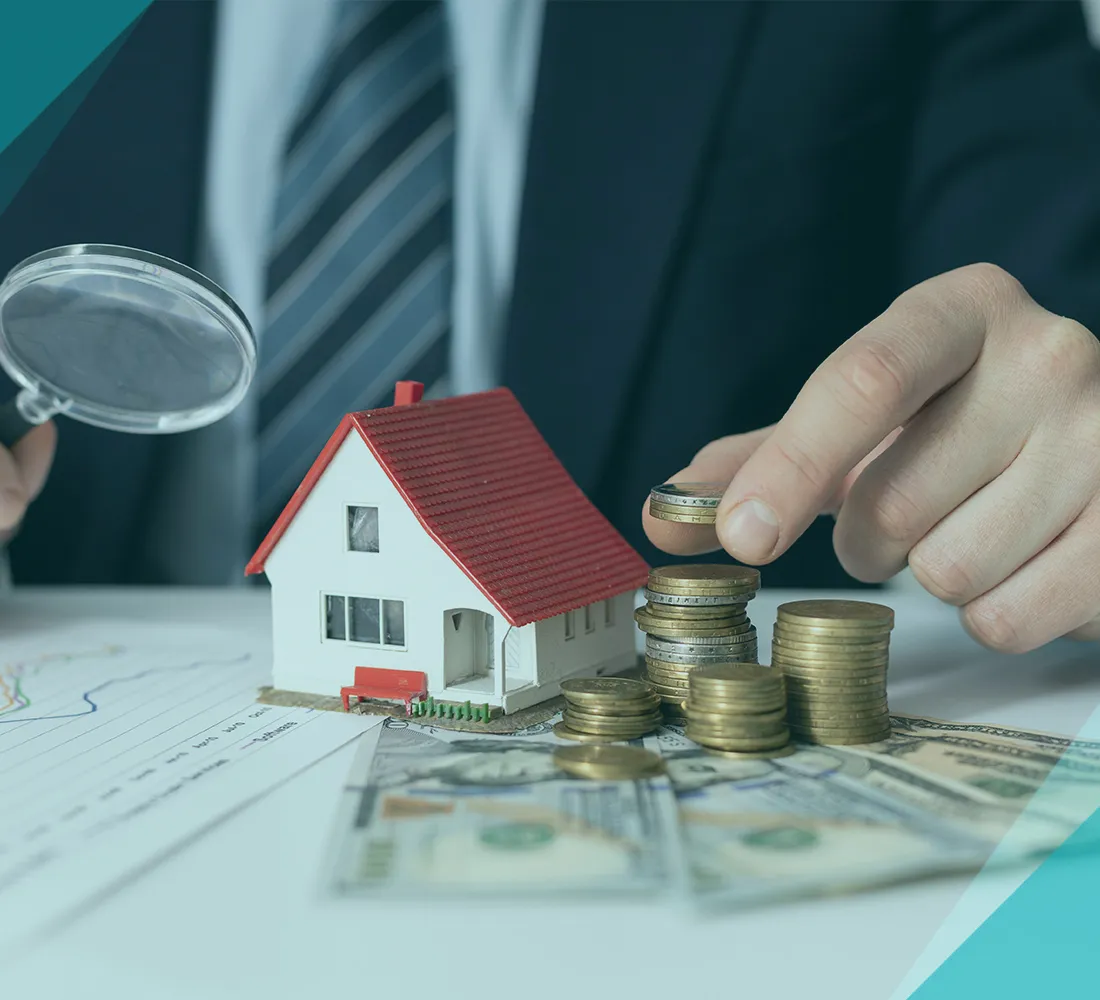The real estate developer is a pivotal figure in the real estate sector, responsible for multiple tasks related to planning, executing, and achieving success in property development projects. Their role extends to making strategic decisions, overseeing construction operations, as well as marketing and sales. The real estate developer is the foundation that fosters sustainable growth and development in communities, which highlights the importance of understanding the nature of their job and responsibilities.
Core Responsibilities of the Real Estate Developer
Real estate developers work on a wide range of responsibilities that contribute to the success of real estate projects. The process begins with the search for suitable development sites, where the developer conducts market research and analyzes demographic and economic trends. This phase helps guide the project towards target demographics and ensures the desired profitability.
After identifying the site, the developer creates a comprehensive business plan that includes budget estimates, costs, and timelines. These processes require exceptional analytical skills, as the developer uses data to build a financial model capable of demonstrating the project's feasibility. Securing the necessary funding is also a vital step, which involves applying for bank loans, attracting investors, or obtaining government grants to support the project.
Obtaining permits and government approvals is also a crucial step in the development process. The developer must work with local government agencies to ensure compliance with legal and regulatory standards. This requires high communication and negotiation skills, as they may need to deal with a variety of individuals and government bodies that contribute to the project's approval.
Construction and Supervision Phase
Once all project-related approvals are obtained, it becomes essential to hire construction contractors. Here, the developer's role becomes even more pronounced, as they must manage the construction process efficiently. Their tasks include coordinating between contractors and ensuring adherence to safety protocols and contractual terms. The developer must ensure that all parties involved adhere to the specified timelines and budgets, reflecting the importance of organization and supervision in the project's success.
Marketing and Sales
After completing the construction phase, the developer enters the marketing and sales section, which is key to success in any real estate project. This aspect may require hiring real estate agents or brokers to promote the project and interact with potential buyers. Marketing is particularly important, as the project's success largely depends on the developer's ability to reach the target audience and effectively market the product.
Post-Sale Management
The responsibilities of the real estate developer do not end at the point of sale; they also involve managing and maintaining properties after they are leased or sold. The developer must have an effective system for collecting rents, managing tenant relationships, and organizing maintenance and repair schedules. This aspect ensures the preservation and sustainability of property values.
Skills and Qualifications
The profession of a real estate developer requires a diverse set of skills and qualifications. Among the essential skills that a developer should possess are:
- Strong business acumen : To understand the mechanics of the real estate market and forecast future activities.
- Analytical skills : To analyze data, solve complex problems, and make sound strategic decisions.
- Strong negotiation skills : To secure the best offers and terms for the project.
- Project management skills : To ensure that work is completed on time and within the allocated budget.
- Financial knowledge : Including the ability to create and manage budgets effectively.
Education and Experience
The educational requirements for real estate developers vary depending on the type and size of the project. Often, developers hold academic degrees in fields such as business administration, finance, or real estate. A diverse background in architecture or construction management can enhance success in this field, as a deep understanding of design and construction contributes to informed and balanced decision-making.
In conclusion , the real estate developer plays a vital role in achieving successful real estate projects, which requires a diverse set of skills and knowledge. Their role also contributes to community development and improving quality of life by providing suitable residential and commercial spaces. By understanding the tasks and responsibilities placed upon them, those interested in this field can take strategic steps toward success and achieving their desired goals.






